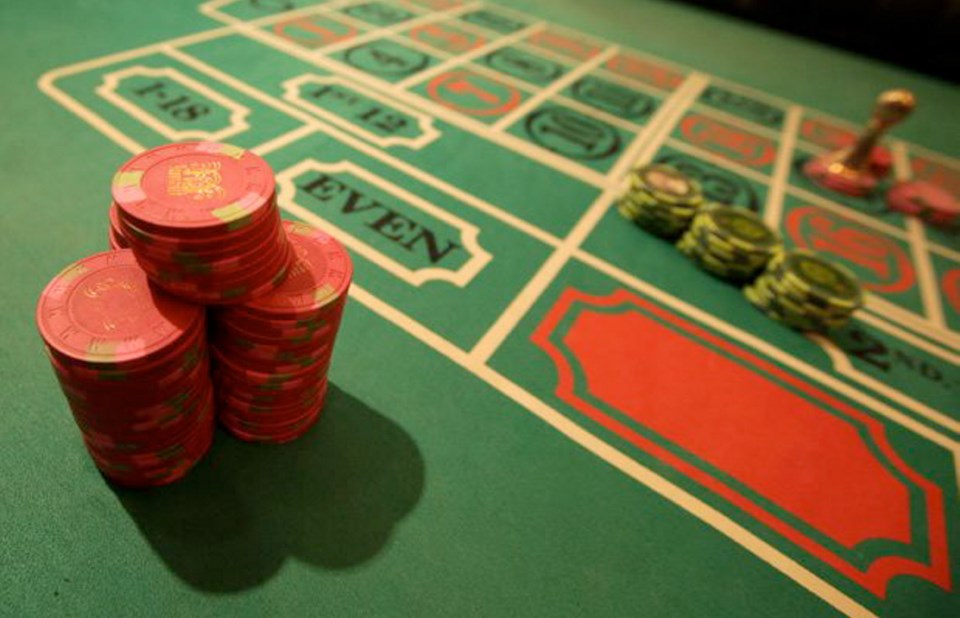The B.C. Lottery Corp. expects to improve its bottom line this year thanks to an influx of high-rolling gamblers from mainland China.
With lottery sales softening, the Crown corporation and its partner casinos on the Lower Mainland have focused on attracting wealthy “industrialists and businessmen” keen to play baccarat for up to $100,000 a hand.
Jim Lightbody, the corporation’s chief executive officer, said the strategy has paid off in spades.
Total revenue from table games — including high-limit tables — is up nearly 20 per cent, or $80 million, from last year, he said.
The Crown corporation also expects to surpass its overall target of $1.2 billion in net income for the year ending March 31 “due to an increase in high-limit table revenue,” budget documents show.
Critics, however, warn that the government is “playing with fire” by promoting a type of gambling that has been linked to money laundering and organized crime in other parts of the world.
“I would suggest we’re more than flirting with this, and the government has to know this,” said Sandy Garossino of Vancouver Not Vegas, a group calling for a moratorium on the expansion of gambling. “Surely, someone, somewhere should be asking: Is this the right thing for a B.C. Crown corporation to do?”
Lightbody said casinos have increased the number of private rooms or “salons” and raised table limits to $100,000 from $5,000 a hand. They also provide free food, rooms and other “comps” to keep high rollers happy.
There are now 135 such salons across the Lower Mainland, primarily in the “big four” casinos — River Rock in Richmond, Edgewater in Vancouver, Grand Villa in Burnaby and Starlight in New Westminster.
Lightbody said the high-limit tables cater to gamblers primarily from mainland China, as well as a few high rollers from the United States. They favour high-stakes baccarat, and it’s not uncommon for players to buy into a game with $200,000, he said.
Lightbody said many of the players from Asia prefer dealing in cash.
“So they do come in with bags full of money for their buy-ins.” He insisted, however, that the corporation and the casinos have regulations in place to ensure the money was acquired legally.
“We know them very well,” he said. “We know their source of wealth. We know all their personal information; they need to share that with us for regulatory reasons. These people are multimillionaires and, in some cases, billionaires.”
The corporation reports all transactions over $10,000, as well as any suspicious transactions, to the Financial Transactions and Reports Analysis Centre of Canada, which is responsible for detecting money laundering.
“But once they make the report, where does it go?” asked NDP MLA David Eby. “And that’s literally the million-dollar question, sometimes.”
He said the Liberal government weakened oversight of gambling in 2009 by eliminating an RCMP integrated enforcement team that could liaise with international police agencies and detect money flowing from criminal enterprises or corruption.
“I think when somebody shows up with a bag full of cash … it’s important to ask: ‘Where did the money come from?’ ” Eby said. “We can’t just say, ‘Oh great, $1 million for the treasury.’
“We have international obligations, as well as domestic obligations, not to participate in and not to benefit from issues of corruption or crime.”
A recent audit showed the lottery corporation reported 86,000 large cash transactions and 1,000 unusual or suspicious ones in 2013-14.



